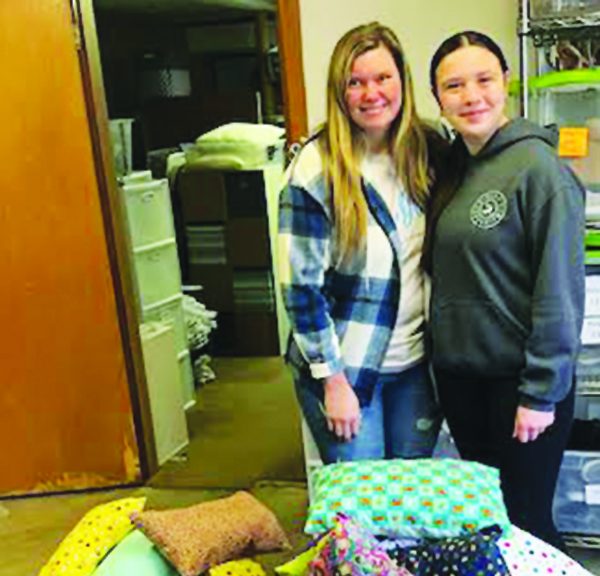Land Trust, soil & water agency awarded Grange grants
Published 9:26 am Tuesday, June 11, 2024
|
Getting your Trinity Audio player ready...
|
The NC Grange has awarded 27 grants to landowners, county agencies and conservation nonprofits to assist in protecting farm and forest lands.
This is the second year the organization has offered these grants. The Davie County Soil & Water Conservation District is a recipient to aid in land preservation efforts in the county.
North Carolina ranks second in the nation for threat of land conversion to development, as noted in the American Farmland Trust’s study, Farms Under Threat: The State of the States, even though it is only ranked 30th in total agricultural acreage.
The report projected 1.1 million acres of N.C. farmland would be converted from agricultural use based on development numbers with a potential to increase to 1.6 million acres if anticipated development acceleration continues.
To assist in ebbing the tide of farmland conversion, NC Grange is providing 25 grants at $3,000 each.
“The NC Grange is excited to provide these grants in the protection of an estimated 4,000 plus farm acres in North Carolina,” says Jimmy Gentry, president. “Providing this funding assures the completion of an agricultural conservation easement that is being held by USDA NRCS Agriculture Land Easement or NCDA&CS Farmland Preservation programs.”
This year’s grantees include the Three Rivers Land Trust, which serves Davie.
NC Grange is providing two $4,500 grants to local government agencies to support their county Volunteer Agricultural District (VAD) program for public awareness signage. VAD landowners will be provided with free signage to promote their farms being part of an operational agricultural production area.
“The NC Grange is excited to be a partner in North Carolina agriculture and its agribusiness economy. These grants will help farms and forest lands remain protected and available for production in support of our state’s number one industry, which is estimated to be $103.2 billion, for generations to come,” says Gentry.




